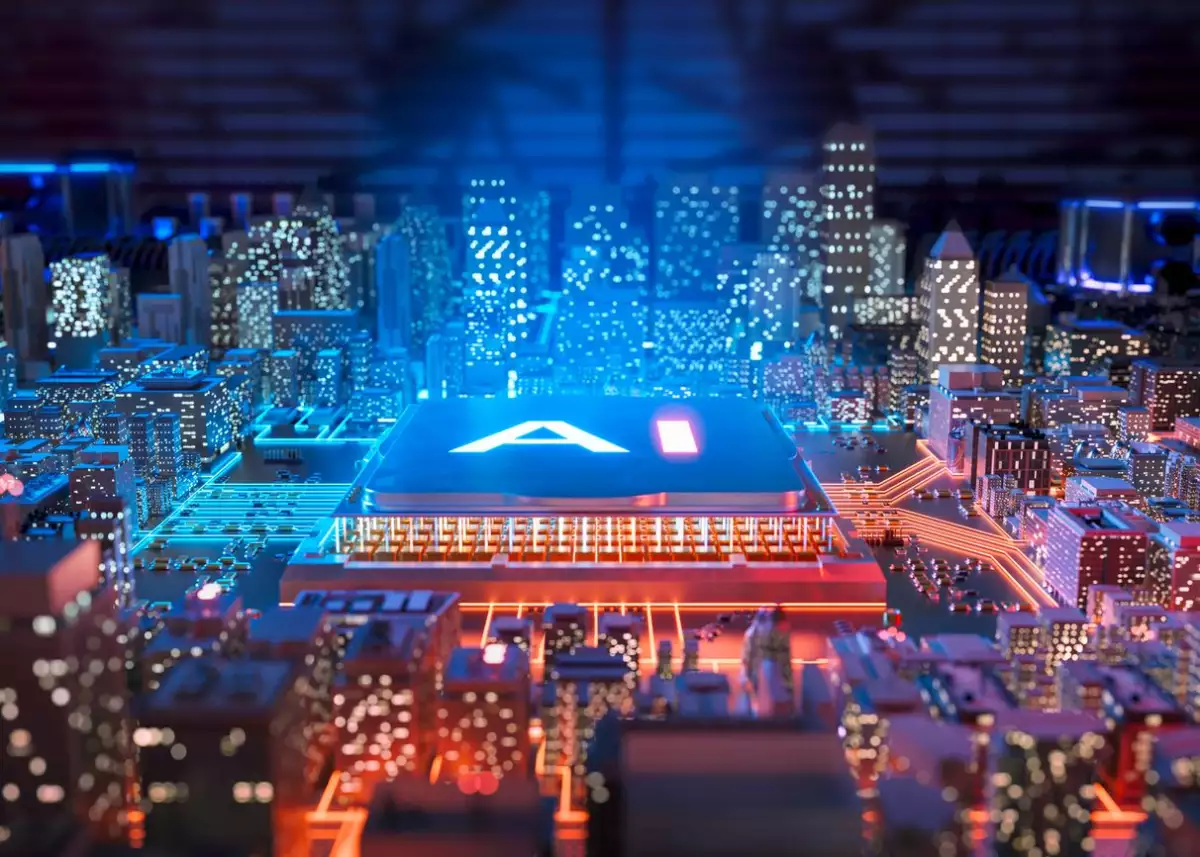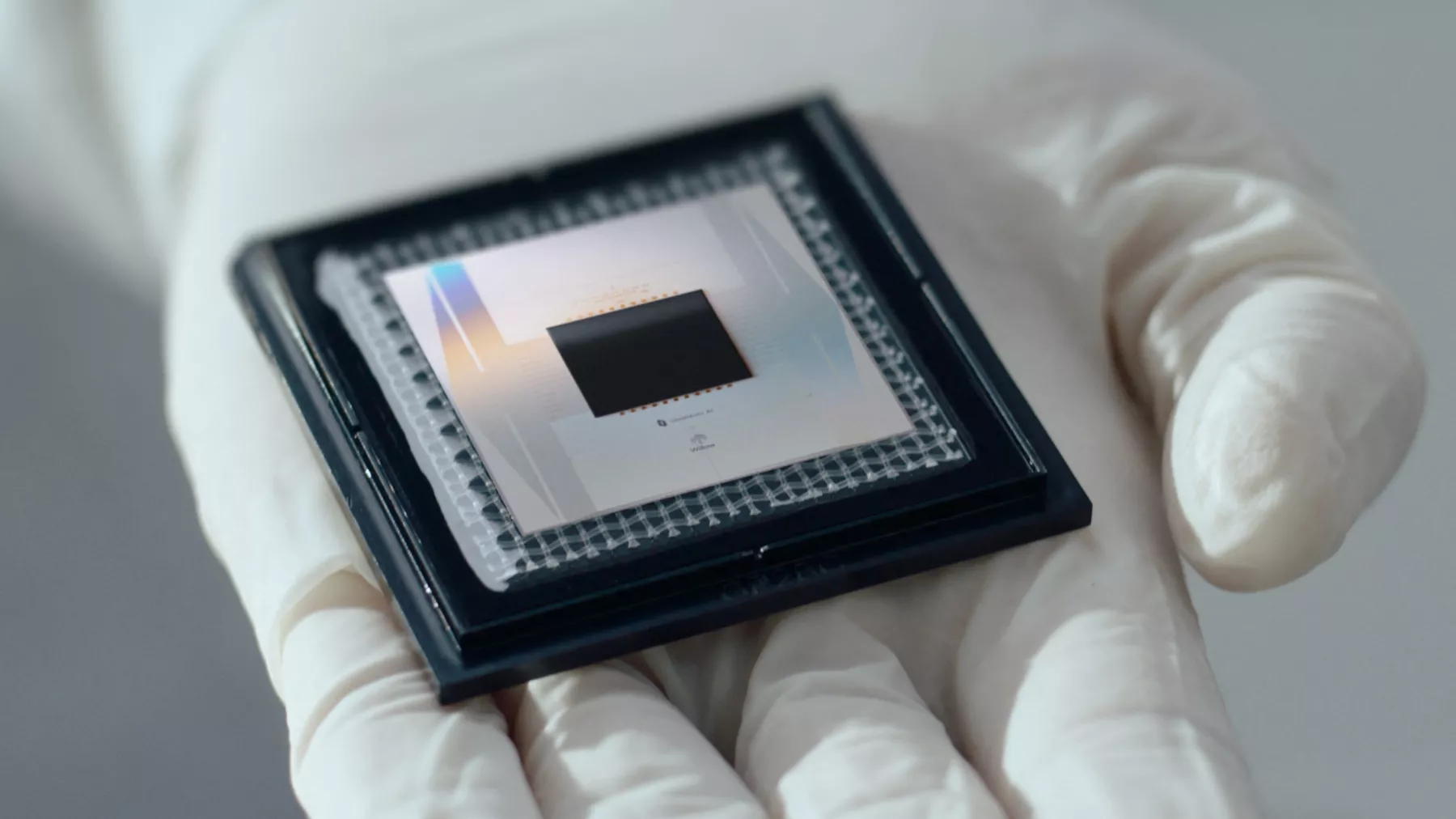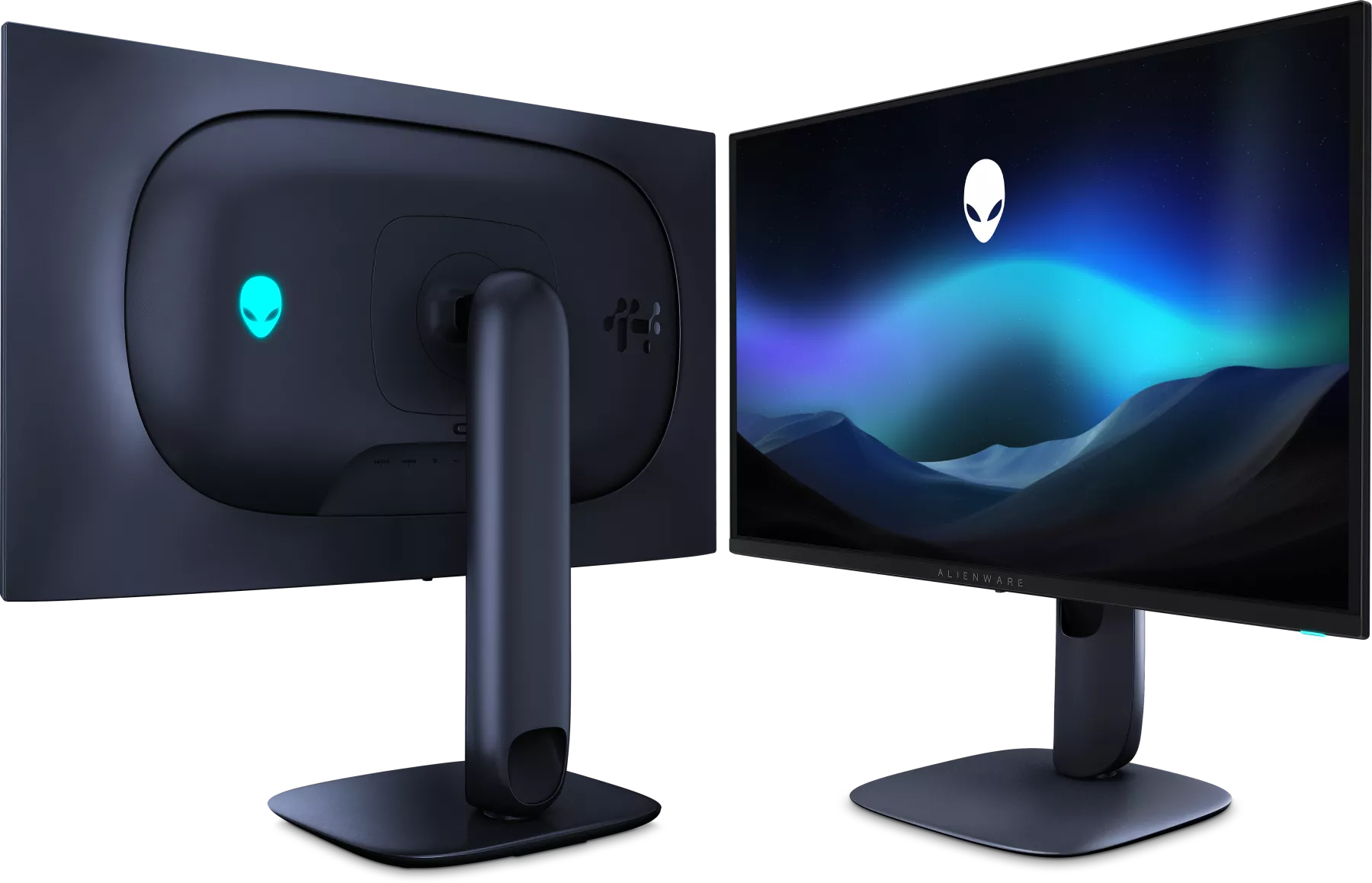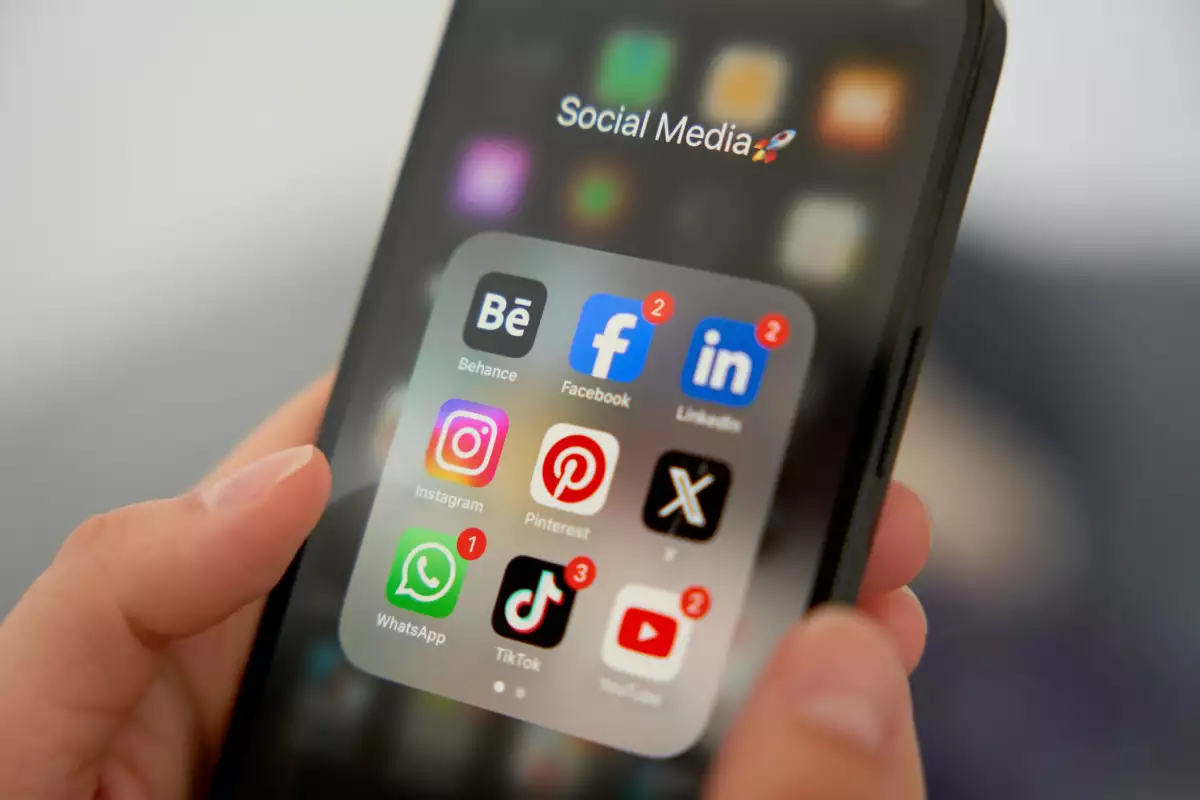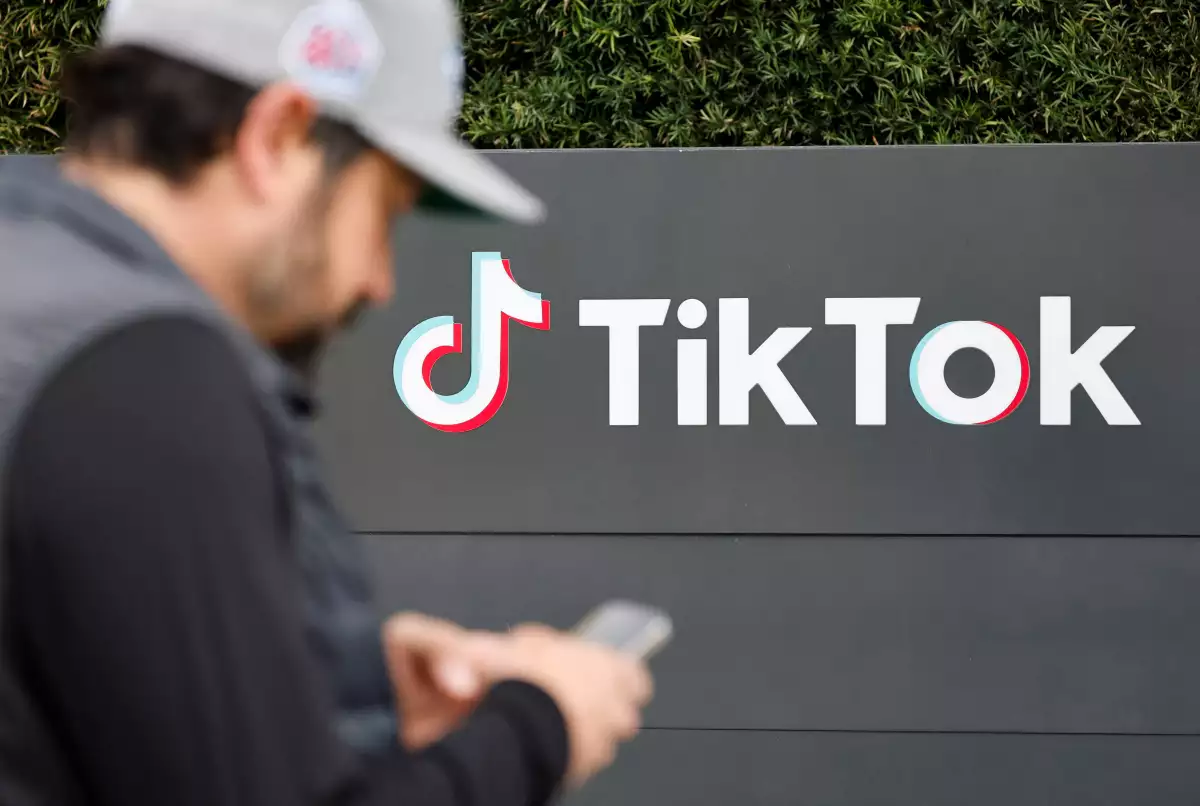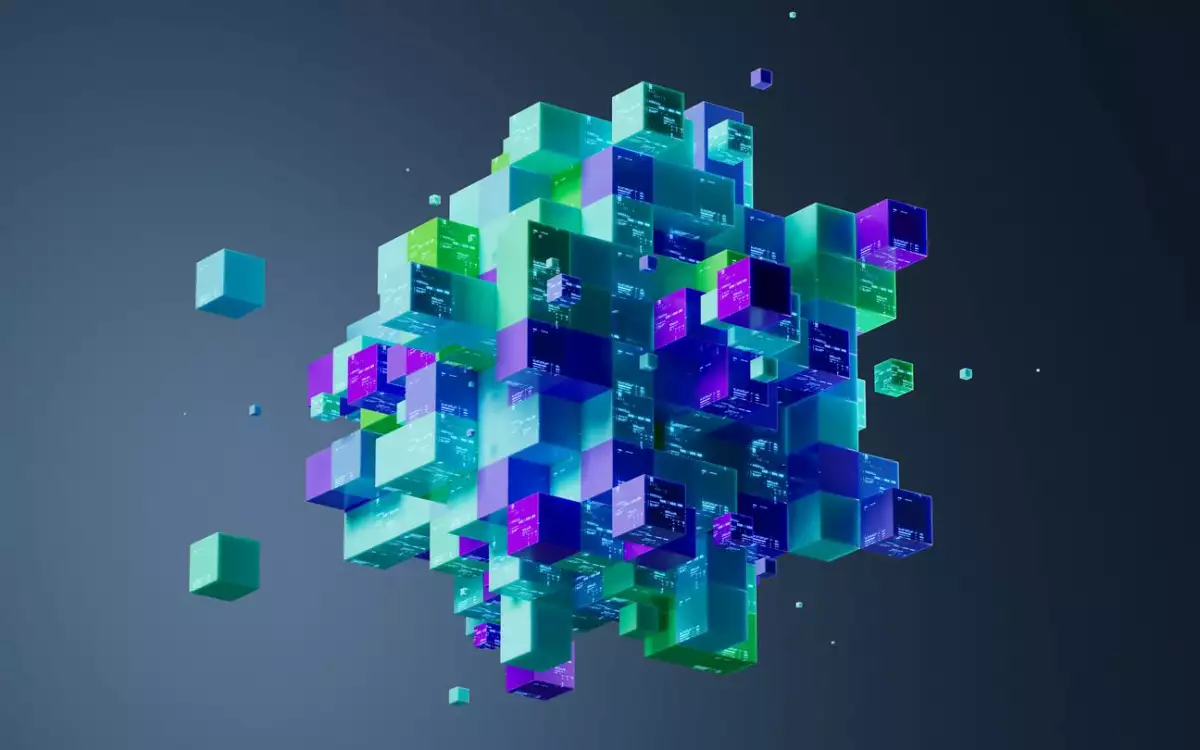
Artificial creativity, quantum technology and what we can expect in 2025
We are experiencing a Fifth Industrial Revolution characterized by the emergence of advanced Artificial Intelligence (AI), quantum computing, virtual reality, augmented reality and biotechnology.
The United Nations General Assembly has proclaimed 2025 as the International Year of Quantum Science and Technology . Such an innovative theme is striking, especially when we consider those chosen in previous years, such as the International Year of the Culture of Peace in 2000 or the International Year of Camelids in 2024.
In the subtext, this has a deeper meaning: human social paradigms are undergoing a restructuring from their foundations and, as with any large-scale change, we will encounter high doses of resistance and new possibilities.
Since the First Industrial Revolution in 1760, we have seen disruptive transitions leading to the Electronic Age in 1950 and the Digital Age in 1970, highlighted by the expansion of personal computing, the Internet and global connectivity.
Today we are experiencing a Fifth Industrial Revolution characterized by the emergence of advanced Artificial Intelligence (AI), quantum computing, virtual reality, augmented reality and biotechnology.
Similar to the so-called Luddism (a movement of workers who destroyed machines because they considered them responsible for job losses) in the First Industrial Revolution, in the current context we already find an expected collective aversion towards AI and new technologies, so the transition, although practically inevitable, will not be smooth.
For this reason, it is crucial that each of us properly understands the risks and opportunities that lie ahead; a dogmatic impetus without rational foundations will not be beneficial and will lead to violent expressions and unnecessary adverse effects. As we have experienced in the past, technologies do not have a “good” or “bad” character in themselves; they are instruments that can be used for fortunate or terrible purposes, which is what we should collectively seek to moderate.
That said, what's new in store for 2025 that makes it so special?
There are several very relevant elements, but I would like to focus on two that are especially important.
1) Artificial Creativity
AI is already capable of making appropriate choices with intelligent effort, but it can also reshape rational ideas and intuitive simulations to generate novel solutions. In other words, digital algorithms already exhibit “artificial intelligence” but also “artificial creativity.” It is worth mentioning that the word “artificial” seems to lose its relevance since these are processes with effects as real as any other we perceive.
This faculty of modern computing will therefore become the protagonist of the narrative that we humans will write together with it. Advances in science, technology, philosophy, arts and all areas of development will now be a joint effort between biological beings and digital tools. This year this balance will be consolidated and we will see a very significant redistribution of power between the leading economic and political groups. Those with the greatest computing power will dominate the agenda.
2) Quantum technology
Additionally, Pandora's box has been opened. A technology with literally unimaginable scope has been born that will exponentially multiply computing capacity and thereby change the world as we know it. When quantum computing reaches operational maturity, complex tasks that would take years today can be solved in seconds. This includes massive optimizations in logistics and all kinds of discoveries in areas of health, business, physics, neuroscience, pharmaceuticals and much more.
When can we expect it?
The power of a quantum computer is measured in qubits. In 2022, IBM introduced its Osprey quantum processor with 433 qubits, the company's most advanced at the time. In December 2024, Google introduced Willow , a quantum chip with 105 qubits, capable of performing tasks in five minutes that the fastest classical supercomputers would take extremely long periods to complete (Google, 2024; IBM, 2022).
The practical quantum advantage that occurs when a quantum computer solves problems faster than the best classical supercomputers is estimated to be reached around 1,000 qubits. On the other hand, a breakthrough is expected at 10,000 qubits, when it can tackle large-scale problems such as accurate climate models, discovery of new materials with unique properties, and real-time global optimization for transportation, energy, and finance.
Leading companies such as IBM and Google hope to cross this final threshold within the next 20 years.
Additionally, the quantum technology market, currently worth around $1 billion, is expected to grow to $20 billion by 2030, with a potential impact on the global economy of $2 trillion by 2035 (Google, 2024; IBM, 2022).
Leave a comment:
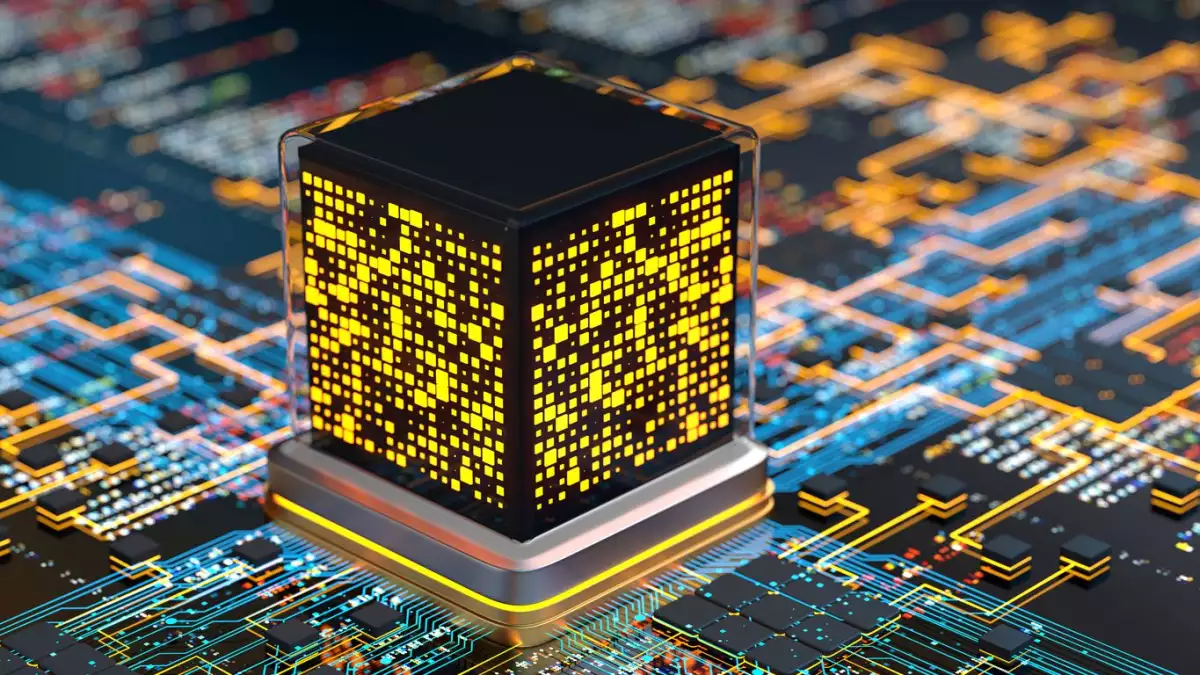

Tranding News
